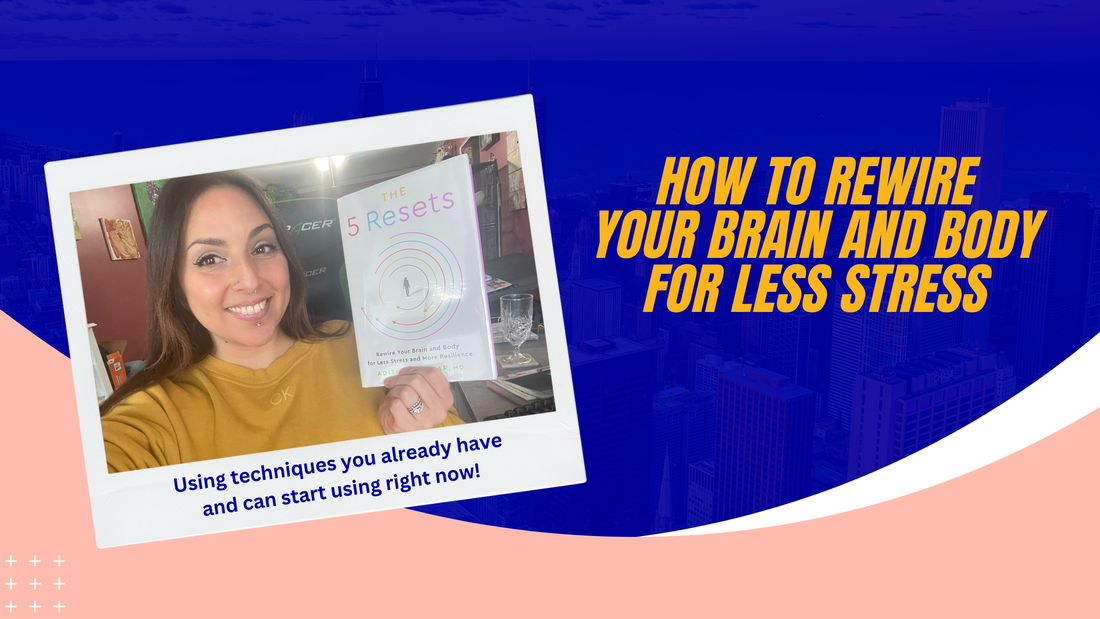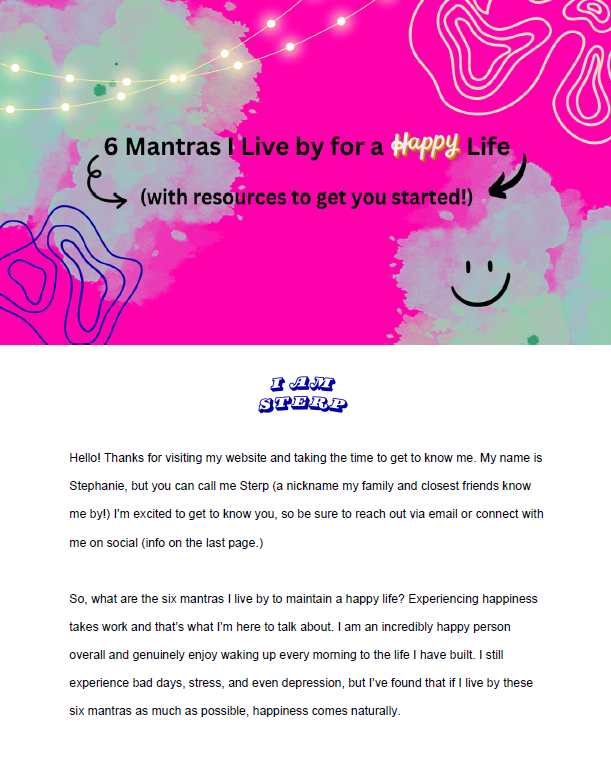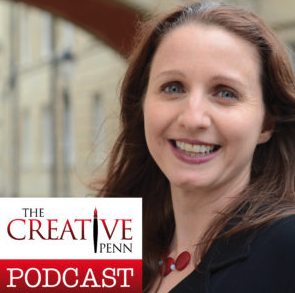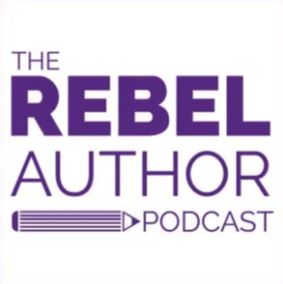|
Happy February dear reader…and you know what that means?! We slayed the first month of 2024. Before we dive into our first February topic of how to rewire your brain and body for less stress - all proven by the book The 5 Resets by Dr. Aditi Nerurkar, MD - I want to say thank you for coming back each month and tuning in. I appreciate you! Because of your friendship and dedicated attention, last month I was inspired to write the FOUR blogs and a free ebook below just for you:
I wrote an ebook for you too! Don’t forget to grab that below to learn about the six mantras I live by every day for peak happiness. Are you ready to learn how to rewire your brain and body for less stress using techniques available to you right now? I read the book The 5 Resets so that I could share with you the techniques I learned to help you achieve less stress and more resilience. Let’s go! I want to start with this quote from the beginning of the book, “We’ve learned to tell ourselves that we’ll engage in self-care at some future time - when we aren’t so busy, when the kids are grown, when we’ve reached a work goal, when the pressure is off, when we have a vacation week, when there’s more money in the bank, when we retire. Regrettably, we give self-care the least attention when we need it most.” Sound familiar? Dr. Nerurkar goes on to say, “Stress is the most common and unifying experience we have as human beings. We’re all living life with the same intensity, but we go through the experience feeling completely alone. We’re completely isolated in our togetherness with stress.” This resonated with me and is what encouraged me to write this blog - to share in our common experience and togetherness with stress. Here’s the great news, backed by science:
So how does the brain respond to stress? It’s crucial we dive into some of the science because first, it’s fascinating, and second, it’ll prove to you how simple it is to rewire your brain. Stress starts in the brain’s hippocampus (our emotional center.) Yes, stress = emotions. But here comes the aha! moment, the hippocampus is also where we learn and create memories. This means, stress is a learned response. This also means, stress can be unlearned. The ability to unlearn and rewire our brains is because of neuroplasticity. All that means is our brains have the ability to change - pretty damn cool if you ask me. It’s that simple and similar to strengthening any muscle (like the glutes, which I’ve been focusing on growing and the hubby feels a difference!) The more you engage in a new habit (taking daily walks, eating broccoli, etc.) the brain creates a pathway for that habit and strengthens that pathway. This is the foundation of the five techniques in this book. Before diving into those five resets, Dr.Nerurkar defines what she calls the Resilience Rule of 2. She encourages us to only make two changes at a time because we are more likely to stick to those changes in the long term. This is why many New Year’s resolutions fail. Example - rather than saying, “I want to lose 20 pounds,” and placing pressure on yourself to heavily restrict your diet and go to the gym - focus on two simple changes to start. Maybe you won’t eat past 7pm and you will go on a daily 20 minute walk. Once you do that for 1 - 2 months, you can introduce another two new items. Here are the 5 resets to practice for less stress and more resilienceReset 1: Get clear on what matters most Dr. Nerurkar suggests uncovering your MOST goal, which stands for: Motivating: a goal that is motivating and within reach, a goal that energizes you Objective: changes you can regularly monitor, no matter how tiny or incremental Small: small enough to guarantee success Timely: time-sensitive, ideally within three months If you’re not sure what matters MOST, the next bit is my favorite. You can discover your MOST goal by asking yourself what five activities did you do as a child that brought you joy and made the hours pass like minutes? Go write it down! Here are mine:
Next, pick two from your list and begin incorporating into your life every day for 15 minutes. Congratulate yourself each day after completing the activity. As you continue to incorporate these activities that bring you joy, your stress will reduce. Reset 2: Find quiet in a noisy world You may not like this one, but it’s so important. It can make or break someone’s chronic stress. “The most detrimental relationship in your life is most likely the thing glowing in the palm of your hand: your smartphone.” You must learn to design digital boundaries. We continue to hear it but refuse to make the change. Decreasing smartphone use leads to improved well-being and sustainable mental health outcomes. It’s FREE to decrease your smartphone use, you just have to be smarter than your smartphone. After reading this, I began charging my phone in my office starting at 9pm. It no longer charges in my bedroom. Did these questions just pop up in your mind, “What about your morning alarm? What if there’s an emergency and someone has to get a hold of you in the middle of the night?” On and on… I am surviving. I use Alexa as my alarm now but I could easily purchase an alarm clock if needed. My husband charges his phone in the room, so any emergency can come through him. I am now on day 5 of doing this and my sleep is starting to improve. I have more creative ideas as well. You should try it. Or commit to putting your phone away when you are spending time with those you love. Reset 3: Sync your brain and body Dr. Nerurkar refers to research from the book, The Blue Zones: Lessons for Living Longer from People Who’ve Lived the Longest. Sounds promising, think I should read that next and share my learnings? In this section, there is emphasis on the science of bringing your attention to your breathing. This is another one we’ve heard time and time again. It’s one I try to teach my family and friends, and yet, they all seem to have the same reaction - not really anything. They nod and move on, never actually incorporating this simple, very easy technique into their lives. It’s disappointing because it’s not until stress causes physical consequences and a doctor says the same thing, and even then people roll their eyes at breath techniques. I walk the walk, and have used breathing exercises before I read this book. The next time you feel overwhelmed and stressed, whether you are running late, having a tense conversation, or even if you’re not stressed and just watching a movie, try the Stop - Breathe - Be method. In your mind, say STOP. Then say to yourself BREATHE, and take a deep breath and slowly let it out. Then say BE, and take a moment to ground yourself in the present. That is it. I focus on my breathing while driving, doing chores, and making my coffee in the morning. It is also a free technique, scientifically proven to reduce your stress and you can start right now. Go ahead, try it. Reset 4: Come up for air Get ready for the myth of multitasking. Our brains function best when they aren’t overloaded. It’s a scientific fallacy that working faster, harder and longer improves productivity. That’s great news! Our brains need to decompress. When we step away for a break, our brain goes through a process called consolidation. Brain consolidation is when new learning and information in our minds gets cemented into pathways for future use. Our brain changes more when we take those needed breaks rather than during learning sessions. This is why multitasking is not at all productive. When our brains multitask, they are task switching and this is detrimental to our brain’s memory and attention. Multitasking can actually slow productivity by 40%. Ready to hear the opposite of multitasking…monotasking. And here’s how you do it using what's called the Pomodoro Technique. Set a timer to work on one task (you can start with 25 minutes or even go 45 minutes.) Once the timer goes off, take a 5 minute break. Start a new timer with a new task. That’s it! I set up my work day this way and it’s been phenomenal. I make progress every day on all my project areas. This method strengthens the prefrontal cortex of our brains, the logical decision making area. Pretty cool right?! Reset 5: Bring your best self forward Part of our unified experience of stress includes our inner critic and self-talk during times of stress. Be honest with yourself, how do you speak to yourself internally? Just this year, I’ve started to change my self-talk into positive words - and I am about to turn 37 next month (insert quote from Kevin Smith’s Clerks, “37!!!”) Another easy and free technique. Notice when you are berating yourself, then stop by using the Stop, Breathe, Be technique and reframe what you said to yourself into something more positive. Another tip the author gives is to start a gratitude practice each day. I know, insert eye roll, but check this out. Calling out your gratitude has been shown to decrease stress, improve mood and improve overall life satisfaction. Again, no cost. You can either think about what you're grateful for each night or write it down. I started writing mine down and have been for four nights now in a row, and I plan to stick to it since my phone is charging out of my room by 9pm. I have only summed up what I learned from the book The 5 Resets. There is so much more great information in this book so be sure to check it out. These techniques are easy wins. I am incorporating them into my life and already see the difference. You only have one life, why live it miserably when you have full control of rewiring your brain and body?
Thanks again for your friendship and readership, Sterp
0 Comments
Leave a Reply. |
Categories
All
PODCASTS I LISTEN TO EVERYDAY |







